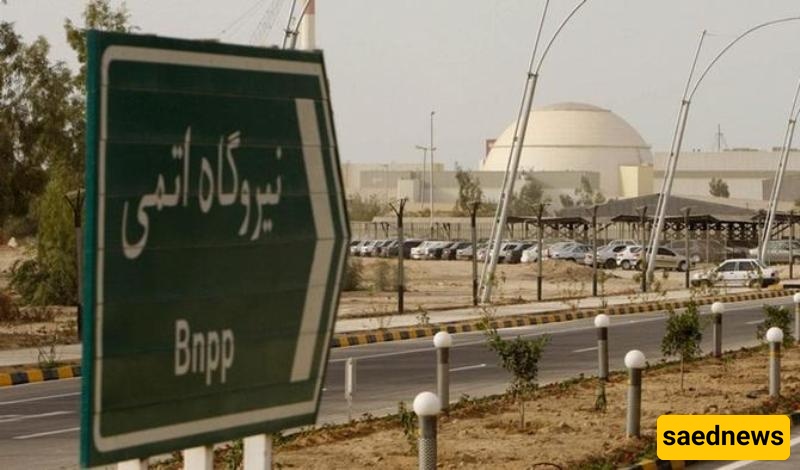SAEDNEWS: Hours after U.S. President Donald Trump claimed responsibility for a direct strike on Iran’s nuclear facilities, Saudi Arabia’s nuclear regulatory authority issued a statement dismissing concerns of any radioactive leakage across the kingdom or the Gulf region.

According to Saed News, the Saudi Nuclear and Radiological Regulatory Commission said Sunday it had detected no abnormal radiation levels following U.S. airstrikes on nuclear installations in Iran. The statement comes amid rising international concern over potential environmental fallout from the military operation, which targeted facilities in Fordow, Natanz, and Isfahan.
In a press release carried by the Saudi state-linked press and echoed by Iranian outlet IRNA, the commission emphasized that “no radiation has been identified inside the Kingdom or across Gulf states in relation to the attack on Iranian nuclear sites.”
The clarification follows remarks made earlier by former President Donald Trump, who confirmed on his social media platform, Truth Social, that U.S. aircraft had carried out “a very successful strike” against Iran’s key nuclear assets. “A full payload was delivered on Fordow. All aircraft have safely exited Iranian airspace and are returning home. Congratulations to our great armed forces. No other military in the world could’ve done this. Now it’s time for peace,” Trump wrote.
Shortly after that post, Trump amplified the message with another claiming: “Fordow has been destroyed.”
According to CNN, the operation was conducted using U.S. B-2 stealth bombers. The network also reported that several members of the Senate’s so-called “Gang of Eight”—those with access to highly classified intelligence—were briefed on the operation. House Speaker Mike Johnson was among those informed prior to the strike.
Representative Rick Crawford, chairman of the House Permanent Select Committee on Intelligence, issued a statement expressing support for the action, saying he had been in contact with the White House in the lead-up to the decision. “I commend President Trump for decisive leadership and thank the U.S. military for executing this precision strike,” Crawford said.
Earlier in the week, a White House spokesperson read a statement indicating Trump was still weighing diplomatic options. “Given the significant possibility of negotiations with Iran in the near future, I will make my final decision on U.S. action within the next two weeks,” the statement read.
The U.S. operation came on the heels of a June 13 (23 Khordad) terror attack by Israel in Tehran and several other Iranian cities, which left multiple military commanders, scientists, and civilians dead. That strike was described by Tehran as an act of terrorism, setting the stage for the current escalation.
While the immediate military objectives of the U.S. strike appear to have been met, experts warn that the diplomatic and security implications remain uncertain. Observers across the region are watching for signs of Iranian retaliation, even as Gulf states seek to contain potential spillover—both literal and geopolitical.

